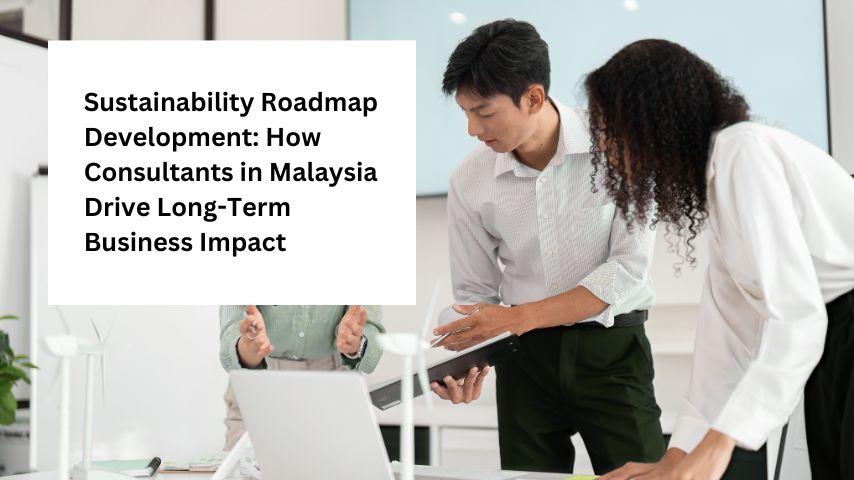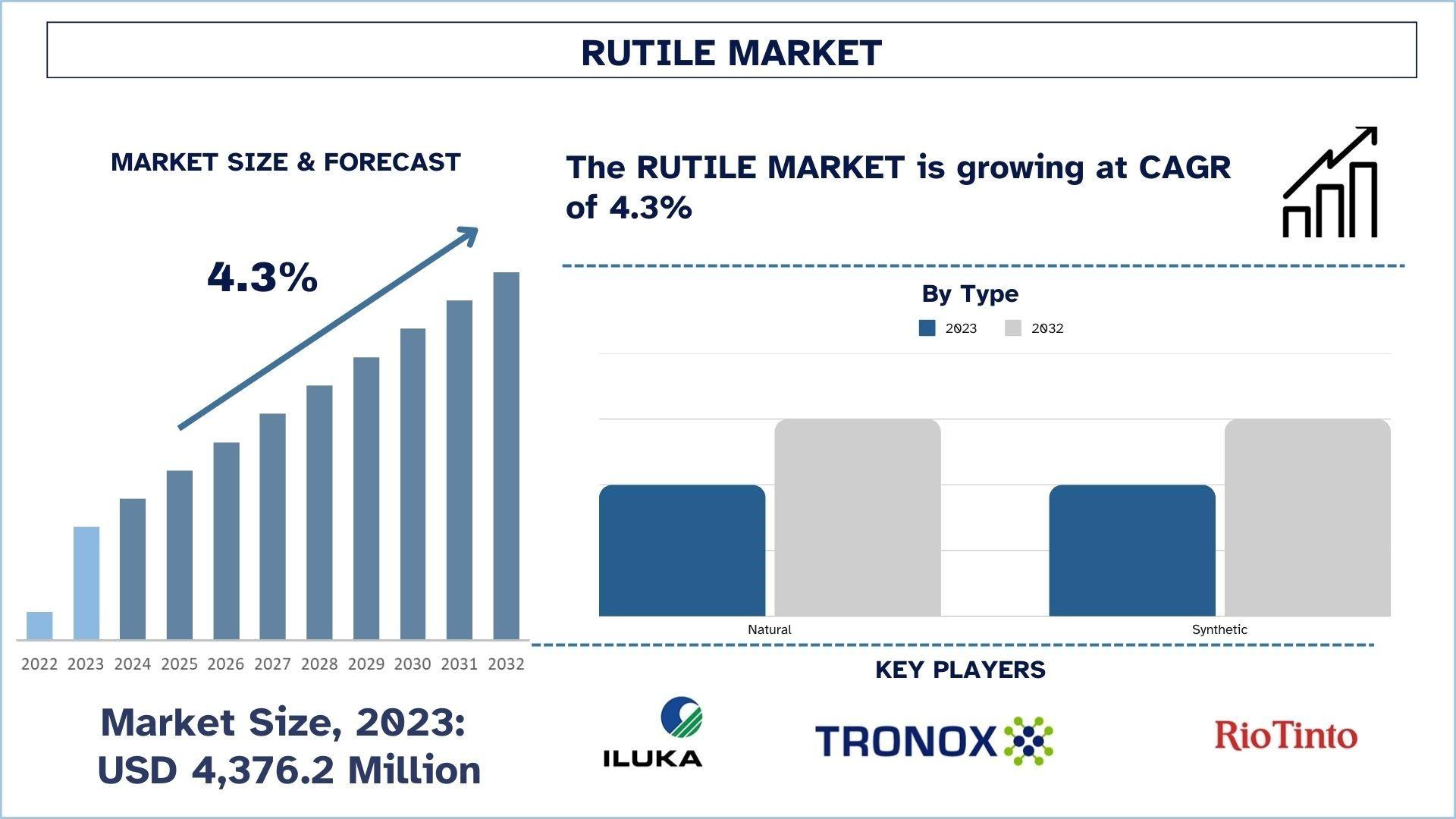Sustainability Roadmap Development: How Consultants in Malaysia Drive Long-Term Business Impact

The push towards sustainable business practices is no longer optional—it is an imperative. Governments, consumers, and investors are demanding greater accountability from enterprises, urging them to incorporate environmental, social, and governance (ESG) principles into their operations. For businesses in Malaysia, this shift offers immense opportunity but comes with its challenges. Sustainability consultants play a pivotal role here, acting as strategists and advisors to craft sustainability roadmaps that drive long-term impact.
This article explores the critical role of sustainability consultants in Malaysia, the strategies they employ, and how businesses benefit from well-designed sustainability roadmaps. We'll also analyze challenges and spotlight success stories to provide tangible insights.
Understanding the Role of a Sustainability Consultant
Sustainability consultants are professionals who guide businesses in adopting responsible practices that align with ESG goals. They bridge the gap between compliance requirements, global standards, and business operations. Their expertise enables Malaysian businesses to respond proactively to evolving environmental policies, stakeholder expectations, and the broader global call for climate action. This consulting niche has grown significantly due to Malaysia’s alignment with the UN’s Sustainable Development Goals (SDGs) and its own green agenda.
But why are these consultants important? A well-developed sustainability roadmap requires a deep understanding of diverse components—carbon reduction strategies, supply chain management, waste minimization frameworks, and ESG reporting practices are just the start. Many businesses lack the expertise or bandwidth to effectively prioritize and implement these actions. This is where sustainability consultants bring immense value.
The Building Blocks of a Sustainability Roadmap
A sustainability roadmap is a strategic, step-by-step plan that integrates long-term sustainability goals into a company’s operations. For Malaysian businesses, the primary components typically include:
1. Baseline Assessments
Consultants begin by conducting a sustainability audit—analyzing energy consumption, carbon emissions, water use, and waste output. This forms the foundation for setting realistic and measurable goals.
2. Stakeholder Engagement
Sustainability efforts must resonate with stakeholders, from customers to employees. Consultants facilitate dialogues to align corporate sustainability goals with stakeholder expectations.
3. ESG Goal Alignment
The roadmap defines clear objectives by identifying areas intersecting with the UN SDGs, such as climate action (Goal 13) and responsible consumption (Goal 12).
4. Implementation Frameworks
Strategies span across energy-efficient technologies, green certification pursuits, and operational revamps to reduce ecological footprints.
5. Monitoring and Reporting
Measurable benchmarks and data-centric practices are essential for tracking progress. Consultants often assist in preparing ESG reports that comply with global frameworks like GRI (Global Reporting Initiative) or TCFD (Task Force on Climate-related Financial Disclosures).
Strategy in Action: Customization is Key
No two businesses are alike. Small Malaysian enterprises might focus on incremental changes, such as energy-efficient lighting or waste recycling schemes. Meanwhile, larger corporations could venture into advanced measures like adopting renewable energy, decarbonizing supply chains, or adopting circular economy principles in production. Consultants like Wellkinetics tailor strategies to match the organization's size, industry, and goals.
The Global Benchmark for "Success"
The success of a sustainability roadmap lies heavily in aligning local initiatives with global sustainability trends. For example:
- Net-Zero Commitments
Many consultants help Malaysian businesses prepare net-zero emissions strategies in line with Malaysia's pledge to achieve carbon neutrality by 2050.
- Corporate Certifications
Attaining certifications like ISO 14001 (Environmental Management) or adhering to Malaysia's MyHijau green technology standards provides businesses with competitive advantages.
Such global alignments not only attract international investors but also showcase a company’s ethical commitment, enhancing its brand reputation.
Real-World Success Stories
Petronas’ Sustainability Strategy
Malaysia’s energy giant Petronas exemplifies how a sustainability roadmap drives long-term impact. With its Net Zero Carbon by 2050 strategy, Petronas has invested heavily in renewable energy and cleaner technologies. The company identified its carbon-heavy areas, introduced green technologies to existing operations, and expanded into solar and hydrogen energy. Tracking emissions data with precision ensured accountability, demonstrating success to stakeholders.
AirAsia and Waste Reduction
Another inspiring case is AirAsia’s waste management initiative. The airline incorporated sustainable alternatives in ground operations, significantly reducing single-use plastics. Additionally, they launched employee-driven waste reduction policies, combining operational savings with environmental impact.
Challenges on the Road to Sustainability
Despite the growing traction for sustainable practices, the journey comes with its hurdles. Sustainability consultants in Malaysia often need to address the following challenges when developing roadmaps:
1. Limited Awareness and Budget Constraints
Among SMEs, awareness of sustainability's benefits remains low relative to large corporations. Limited financial resources often lead to prioritizing short-term gains over long-term sustainable investments.
2. Data Integrity Issues
Collecting accurate sustainability performance data can be a significant roadblock. Outdated systems and fragmented data streams make tracking progress difficult. From greenhouse gas measurements to supply chain benchmarks, consultants invest significant effort in standardizing processes.
3. Regulatory Compliance
Navigating Malaysia's dynamic regulatory frameworks on carbon emissions or green building certifications can overwhelm businesses. Consultants must stay updated with compliance changes to ensure the businesses they guide remain ahead of legal obligations.
4. Resistance to Change
Internal resistance from management or employees slows implementation. However, consultants often mitigate this by focusing on change management strategies and education initiatives that foster company-wide buy-in.
Long-Term Benefits for Businesses
Crafting an effective sustainability roadmap is not just an ethical obligation—it paves the way for substantial business gains. Here’s a closer look at the long-term impact:
Enhanced Brand Reputation
Organizations that actively address environmental and social challenges are increasingly favored by customers. Sustainability reports, certifications, and public commitments elevate trust among stakeholders, improving market positioning.
Cost Optimization
Implementing energy-efficient practices and waste management systems reduces operational costs. For Malaysian businesses, adopting technologies such as solar panels (which fall under sustainable financing schemes) provide dual benefits of energy savings and government incentives.
Investor Appeal
ESG-focused companies attract higher capital inflows. With global investors prioritizing sustainable portfolios, Malaysian firms demonstrating clear commitments see improvements in their valuation and partnerships.
Futureproofing
By reducing reliance on finite resources and tackling emerging risks such as climate change, businesses ensure operational longevity. Malaysia’s manufacturing and agribusiness sectors stand out as prime examples of industries benefiting from reduced risks via sustainable supply chains.
How Consultants Align Practices with Global Sustainability Goals
Malaysian consultants incorporate internationally recognized strategies to align local efforts with larger sustainability milestones:
- Carbon Offsetting Solutions
Proposals like forest conservation projects are examples of how businesses can neutralize emissions within Malaysia's regional context.
- Green Supply Chain Management
Consultants often work on adapting supply chains through fair trade practices, responsible sourcing (e.g., palm oil), and reduced logistics emissions.
- Innovative Partnerships
Collaborations between the public and private sectors ramp up impact. Malaysia’s collaboration with the United Nations Industrial Development Organization (UNIDO) on climate-resilient strategies exemplifies this.
These practices align with initiatives such as the Paris Agreement, reinforcing Malaysia’s positioning as a proactive player in global sustainability commitments.
Closing Thoughts
Expert sustainability consultants in Malaysia are critical navigators in a rapidly changing world. Their expertise in developing customized roadmaps empowers businesses to tackle environmental challenges without compromising profits. By bridging local contexts with global frameworks, these consultants enable Malaysian companies to create meaningful, long-term change.
Business leaders must recognize sustainability not as a trend, but as an opportunity—a pathway to innovation, resilience, and competitive advantage. The time to act is now; the impact will resonate not only in quarterly profits but also in the legacy left for future generations.



